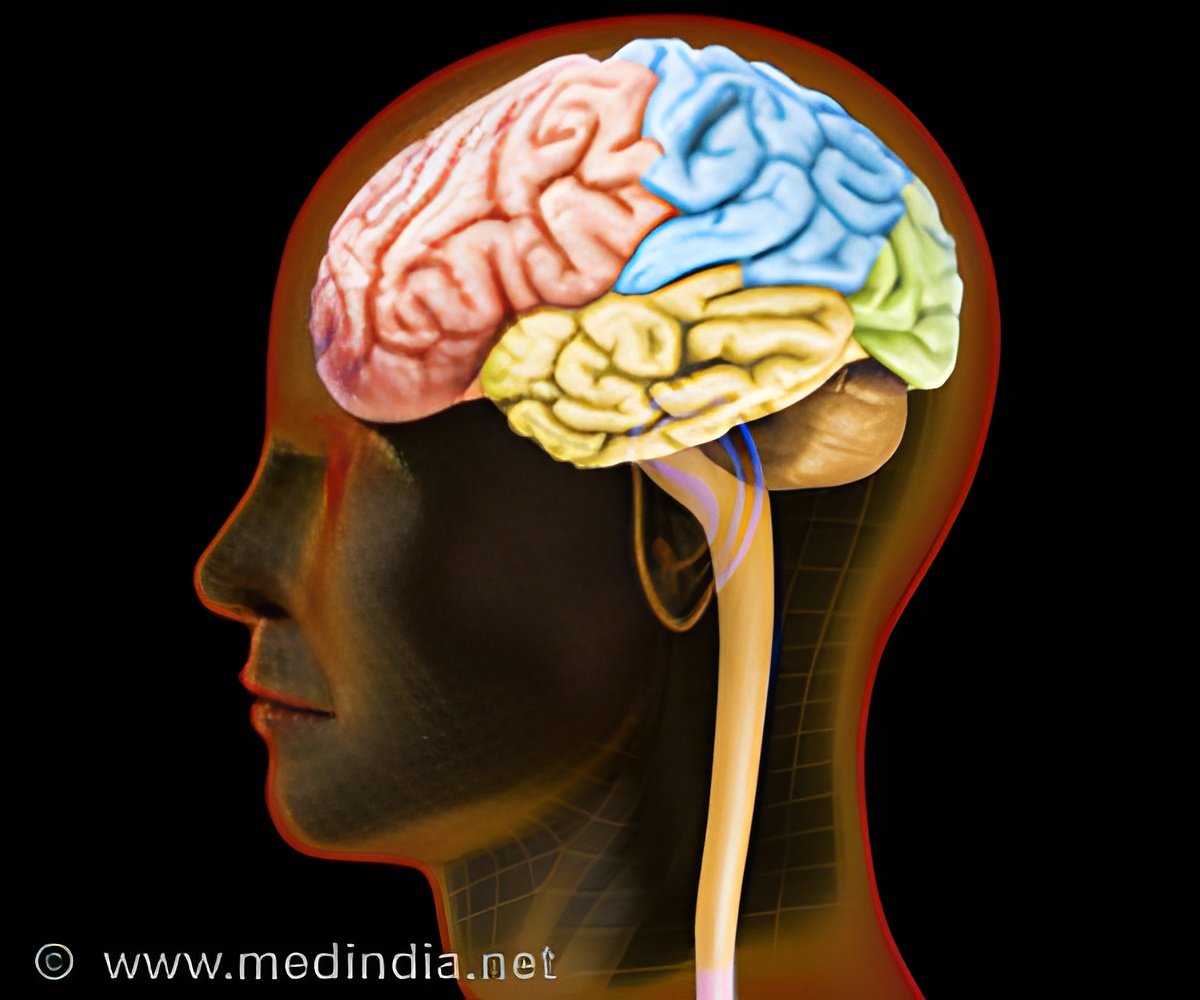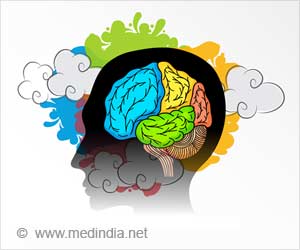One in eight COVID-19 survivors are diagnosed with a neurological or psychiatric illness for the first time in their lives, six months after their bout of the disease.

‘One in eight COVID-19 survivors are diagnosed with a neurological or psychiatric illness for the first time in their lives, six months after their bout of the disease. This growing evidence of coronavirus impact on short- and long-term cognitive and mental health issues, seeks the need for further research and follow-up among these patients.’





Retrospective cohort studies and time-to-event analysis were utilized by the study team to estimate the incidence of ICD-10 diagnoses in the six months after COVID-19 detection. The electronic health records (TriNetX) of 236,379 US coronavirus survivors were analyzed. Neurological manifestations of COVID-19
It was found that within six months, 33.6% of the coronavirus survivors received a neurological or psychiatric diagnosis; 13% received such a diagnosis for the first time. Encephalopathy was diagnosed especially in those who've been hospitalized.
"For diagnoses like a stroke or an intracranial bleed, the risk does tend to decrease quite dramatically within six months. But for a few neurological and psychiatric diagnoses, we don't have the answer about when it's going to stop", says Dr. Max Taquet, Department of psychiatry at the University of Oxford.
Earlier studies have reported a wide range of cognitive and neurological consequences, like head and muscle aches, confusion and dizziness, seizures and strokes, and brain swelling and delirium.
Advertisement
There is a constant concern of permanent brain damage in these individuals leading to yet another epidemic of brain damage.
Advertisement
Thus the growing evidence of coronavirus impact on short- and long-term cognitive and mental health issues, seeks the need for further research and follow-up among convalescents.
Source-Medindia















